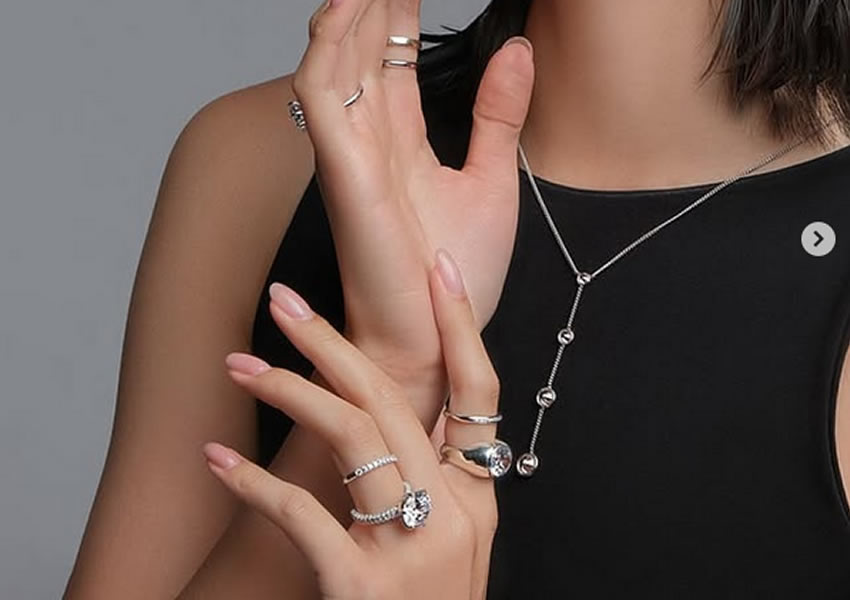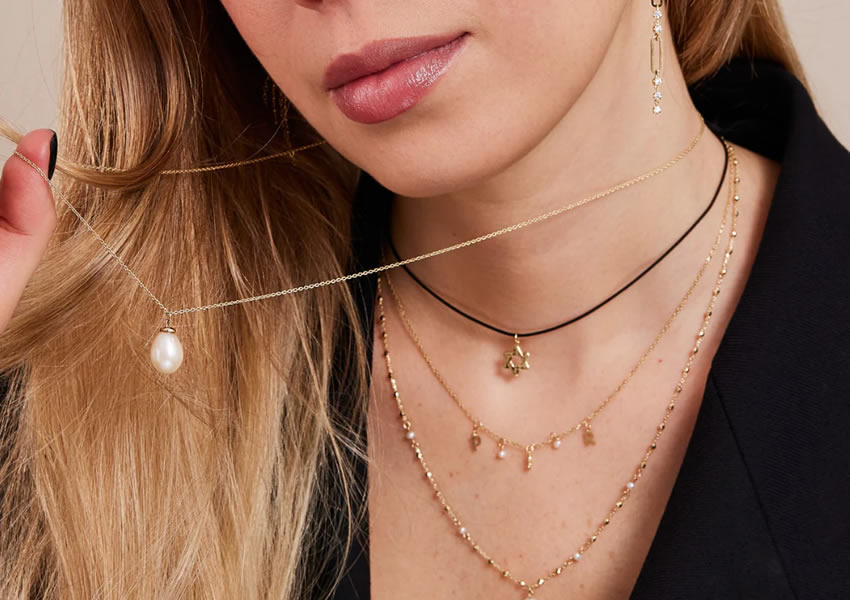Sport is an integral part of the growth years of the child. Children love to play and often meet with accidents. Almost 10 – 20 per cent of sports injuries are related to a facial injury. Fortunately, most of the injuries can be prevented by wearing a mouthguard while playing sports.
Just like one wears a helmet or other protective gear, it is essential to wear mouthguards to protect the teeth, especially while playing contact sports. This post will discuss why paediatric dentists Brisbane suggest wearing mouthguards, types of mouthguards and the benefits of wearing one.
What is a Mouthguard?
A mouthguard is a soft, flexible material that perfectly fits the teeth and protects your mouth and teeth against injuries. Mouthguards also prevent grinding of the teeth by preventing jaws from coming together, reducing jaw injuries and even concussions. Mouthguards are of three types:
- Stock Mouthguards: They come in three standards sizes-small, medium and large. They are not moulded as per the size and shape of the mouth, and hence stock mouthguards are ill-fitting and may not be able to provide complete protection.
- Boil n Bite Mouthguards: These are mouthguards purchased from the chemist or sports store and are moulded as per the mouth size. Moulding is done by placing the guard in hot water and keeping it in the mouth to take the shape of the mouth. They provide better protection as compares to stock mouthguards but are still ill-fitted and inconvenient.
- Custom Mouthguards: As the name suggests, these mouthguards are customised to your child’s mouth by dentists. Here the dentist takes the impression of your child’s mouth to make a well-fitted mouthguard to give complete protection to your little one’s teeth.
What Are the Benefits of Wearing a Mouthguard?
Mouthguards protect the teeth and jaw against accidental injuries to your child’s face and mouth. They absorb the impact that can happen during sports and prevent chipped teeth, broken jaws, and damage to such soft tissues. They protect the braces, retainers, porcelain veneers and prevent them from breaking.
How to Care for Your Mouthguard?
It is essential to keep your mouthguard clean and dry after every use with a toothbrush and toothpaste. It is essential to show it to the dentist during regular dental visits as the dentist will evaluate it for wear and fitment to the teeth. It is vital to store the mouth guards in a clean, ventilated case to prevent bacterial infection.
Conclusion
Mouthguards are critical dental tools to prevent your teeth from sports injuries and are highly recommended if your child is into contact sports. They are also helpful in protecting the teeth if your child has the habit of grinding or clenching their teeth. It is always better to consult children’s dentists to suggest the right mouthguard for your child.





